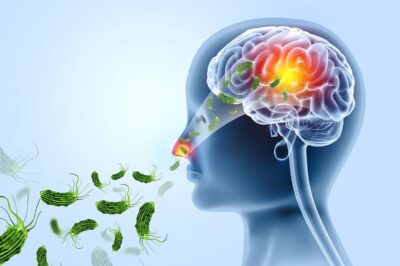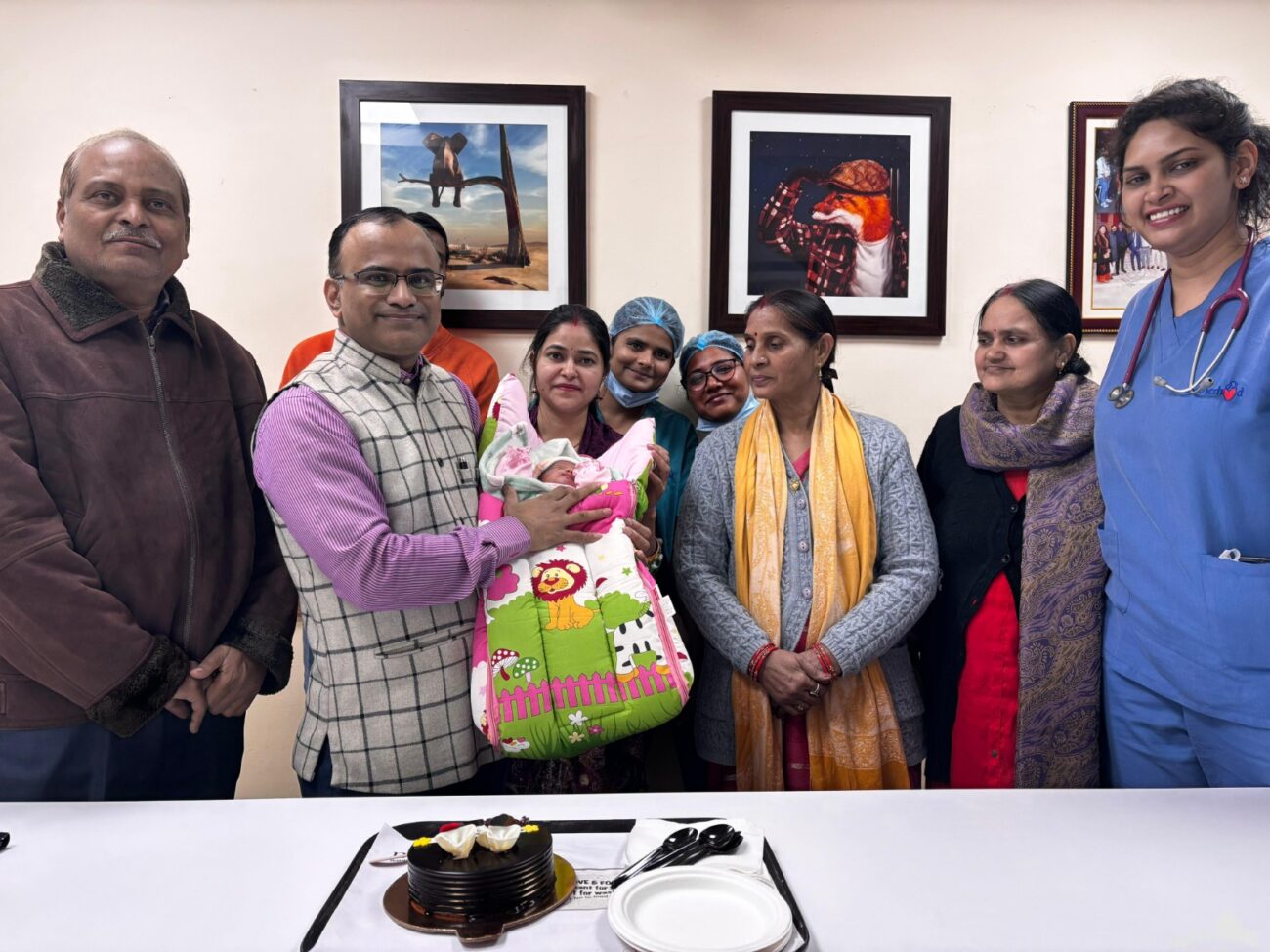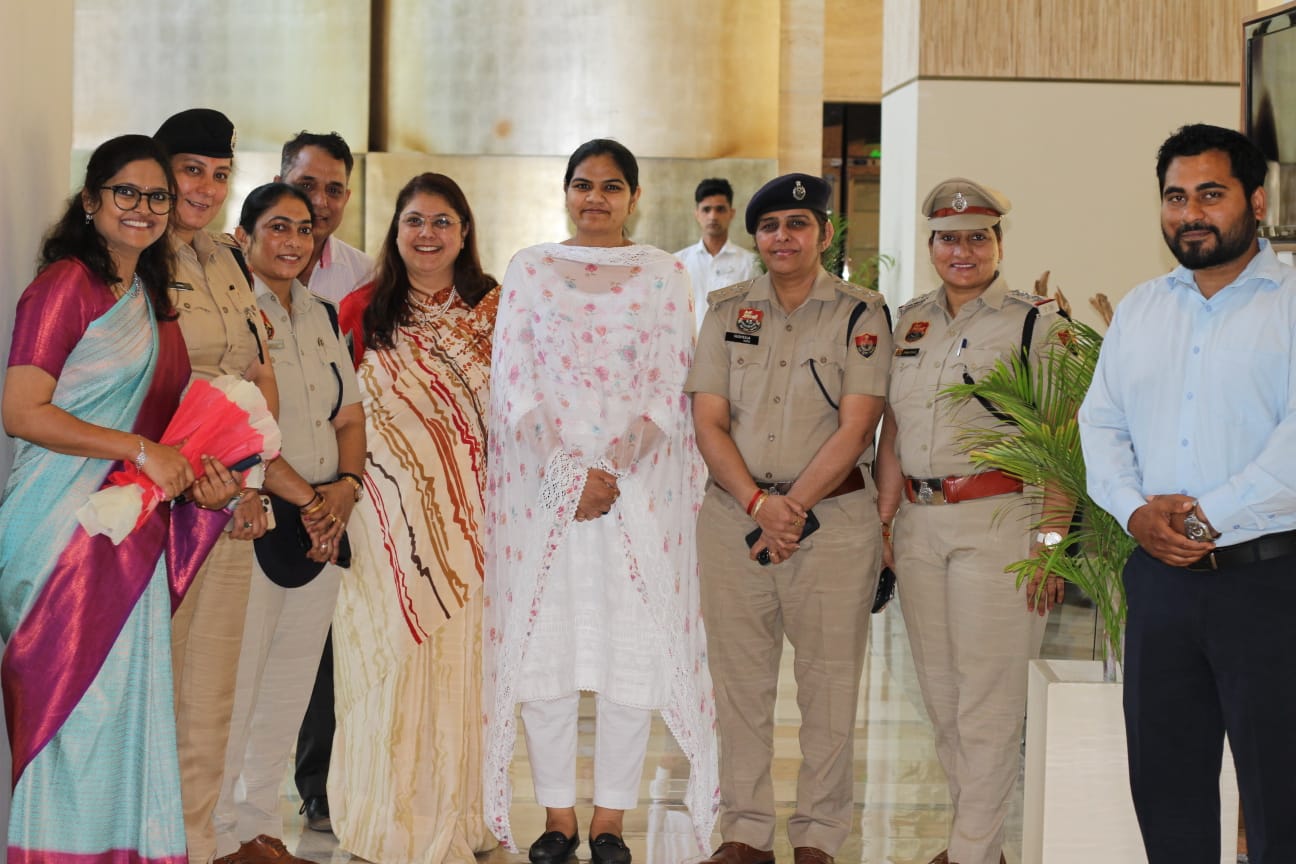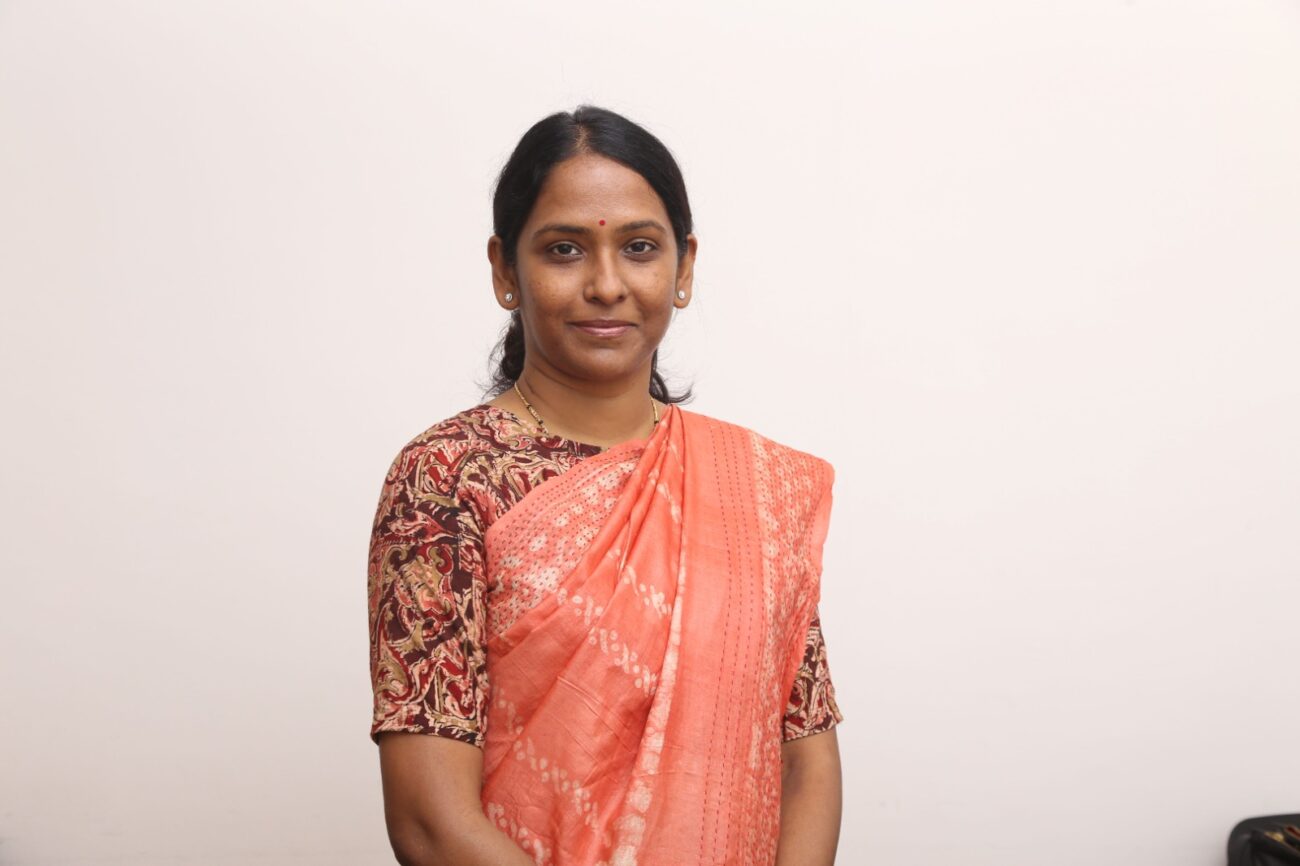Kerala Mourns as Brain-Eating Amoeba Claims Lives of Children
In recent developments from Kerala, a concerning health issue has surfaced involving a brain-eating amoeba, scientifically known as Naegleria fowleri. This rare and deadly infection has already claimed the lives of several children in the

In recent developments from Kerala, a concerning health issue has surfaced involving a brain-eating amoeba, scientifically known as Naegleria fowleri. This rare and deadly infection has already claimed the lives of several children in the region, raising alarm among medical experts and the general public.
The infection, known as amoebic meningoencephalitis, is contracted through contaminated water and has shown devastating effects on the human brain. As Kerala grapples with this new health threat, authorities emphasize the importance of preventive measures to protect against this potentially fatal infection. The rare brain infection has been confirmed in a 14-year-old child. The child is undergoing treatment in a private hospital.
Since May, there have been four cases of brain-eating amoeba in Kerala. All patients are children, three of whom have already died. On July 3, a 14-year-old boy died from the infection. The child had gone swimming in a pond, which led to the infection. Before that, on June 25, a 13-year-old girl from Kannur died.The first case of the infection was reported on May 21, when a 5-year-old girl from Malappuram died. This disease has been previously reported in Kerala’s coastal Alappuzha district in the years 2023 and 2017 as well.
According to medical experts, this infection occurs when non-parasitic amoeba bacteria enter the body through the nose from contaminated water. The disease has some specific symptoms, such as fever, headache, vomiting, and seizures.
According to the US Centers for Disease Control and Prevention, PAM is a brain infection. This infection is caused by amoeba or single-celled organisms called Naegleria fowleri. This amoeba lives in soil and warm fresh water, such as lakes, rivers, and hot springs. It is commonly known as ‘brain-eating amoeba.’ In this disease, the amoeba infects the human brain and eats the brain tissue.
Preventing the spread of this deadly infection is crucial as it can lead to death within just 5 to 10 days if untreated. Therefore, avoiding contaminated water is essential, and maintaining strict cleanliness standards is highly recommended. It is advisable to consume only fresh, properly cooked food and to thoroughly wash vegetables and fruits with clean water before eating them. During the rainy season, it is best to refrain from swimming in rivers, springs, and lakes to minimize the risk of infection. Additionally, staying away from infected individuals helps reduce the chances of contracting and spreading the illness. These precautions are vital for safeguarding against the rapid transmission and severe consequences of the infection.The risk of infection is higher during the rainy season, so extra caution is needed at this time.






